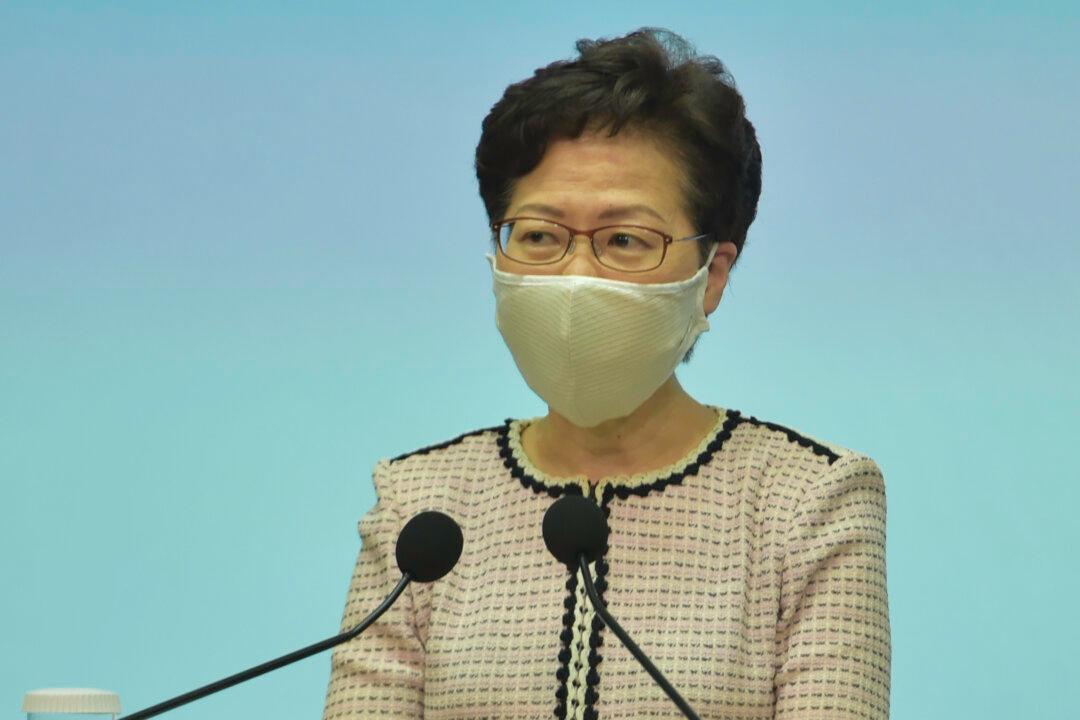The Hong Kong Bar Association is questioning the legality of Beijing’s plan to grant the chief executive—the city’s top official—power to pick judges for certain criminal cases under a proposed national security law.
In a statement issued on June 23 evening, the Hong Kong Bar Association (HKBA) pointed out that the provision to grant Hong Kong leader Carrie Lam the power to “designate a judge or a group of judges to try a particular type of criminal offense” would contradict the “intent and spirit” of Hong Kong’s mini-constitution, the Basic Law.





